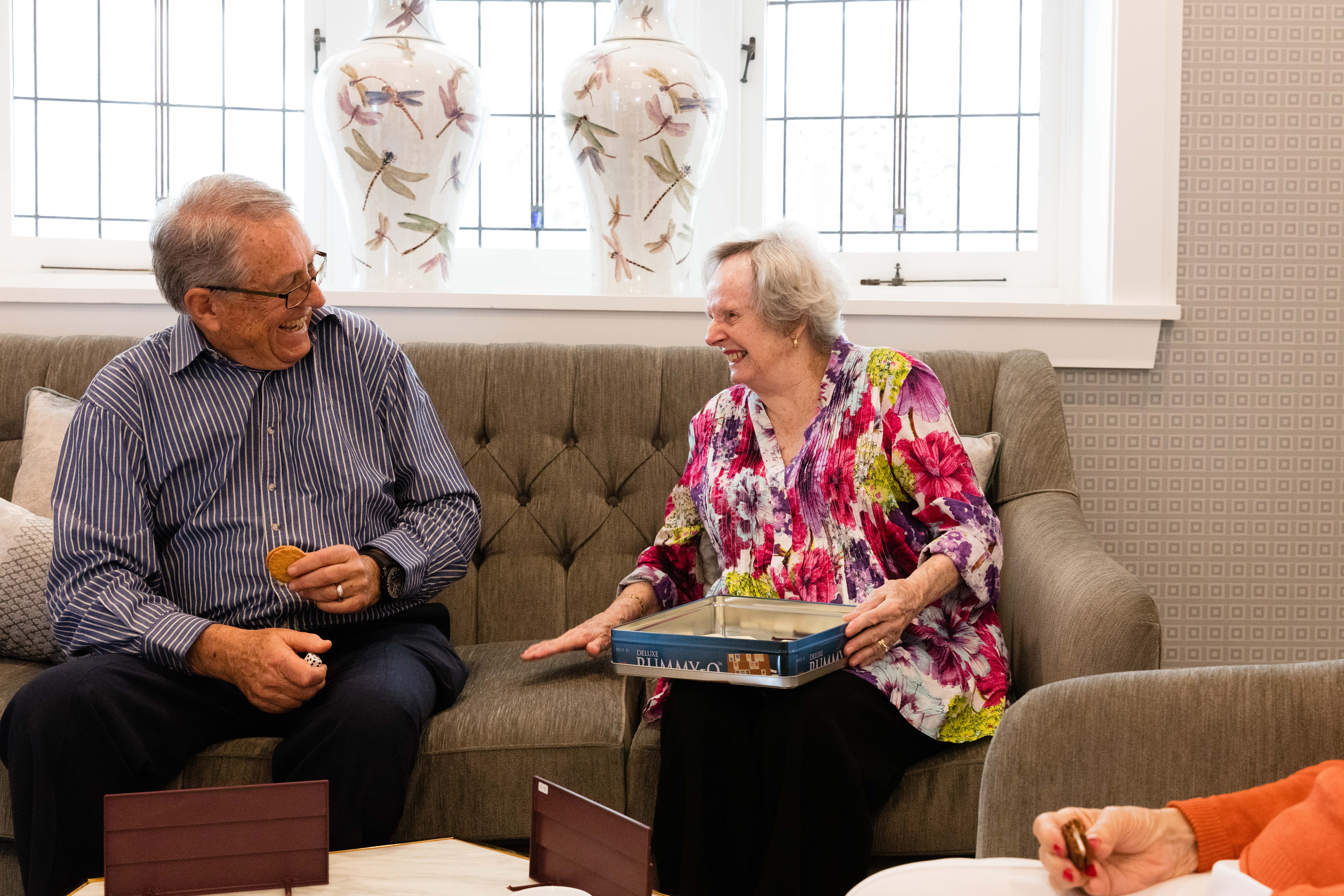Memory Loss is not a normal part of ageing, however as a person ages the chances of getting a dementia increases. Three in ten people over the age of 85 has some form of Dementia.
For some people, mental recall begins to slip as young as our 20s – particularly when we’re under stress – but memory disorders and disease cause more significant memory problems, which can be difficult for people living with dementia and their families to navigate.
What is Dementia?
“Dementia” isn’t a specific disease, as such, but is an umbrella term describing a set of symptoms relating to memory, reasoning, language and judgment impairment. In most cases dementia begins gradually and worsens over time – negatively affecting a person’s abilities in work, social interactions and relationships.
Dementia can happen to anyone, but as people age their chances of developing dementia increase. Symptoms experienced vary from person to person, and depend on the parts of the brain that are damaged.
Though there are many different diseases that cause dementia, in most cases, there’s no known reason why they develop. While Alzheimer’s disease is the most common form of dementia (caused by abnormalities in the brain), vascular disease in the brain’s blood vessels (vascular dementia) and abnormal clumps of protein in the brain nerve cells (Lewy Body disease) are common causes of memory loss.
Short-term memory is usually affected by dementia, which can cause a person to forget the names of loved ones, find the right words, or forget how to perform simple everyday tasks. They may, however, retain long-term memory, and be able to very clearly recall events from the past.
What is Alzheimer’s Disease?
Alzheimer’s disease is the most common form of dementia (accounting for 60 to 80 percent of cases), and is caused by two abnormalities in the brain that stop communication between nerve cells, causing those cells to lose function and die. During the course of the disease, the chemistry of the brain changes and cells, nerves and transmitters are attacked, causing the brain to shrink as gaps develop.
Alzheimer’s disease can cause problems with memory, thinking and behavior, and as a progressive condition, symptoms generally develop slowly and worsen over time – becoming severe enough to interfere with daily tasks, and causing individuals lose the ability to carry on a conversation and respond to their environment.
Though there is currently no cure for Alzheimer’s, treatments can temporarily slow the worsening of symptoms and improve quality of life for those with the disease and their caregivers.
Dementia Symptoms and Signs of Alzheimer’s Disease
Memory loss is usually one of the first recognizable signs of dementia and Alzheimer’s, but not all memory loss is worrisome. We all begin to forget things as we get older, but there are some telltale signs to be aware of if your parent or loved one is worried about their memory and recall.
- Are they asking the same questions repeatedly?
- Are they frequently less able to follow simple directions?
- Are they forgetting common words when speaking, or mixing up words in conversation?
- Are they misplacing items in inappropriate places, such as putting the telephone in the refrigerator?
- Are they undergoing sudden changes in mood or behavior for no apparent reason?
- Are they taking longer to complete familiar tasks, such as following a recipe?
- Are they getting lost while walking or driving around a familiar neighborhood?
What Level of Care Does My Loved One Require?
If your parent or loved one has been diagnosed with dementia, Alzheimer’s disease, or some other form of memory impairment, it’s likely that they’ll required specialist care and assistance with daily living and tasks – particularly as their memory loss gradually worsens.
The level of care they require will depend on the severity of their symptoms and the speed with which their memory loss worsens. Discuss your parent or loved one’s wishes with them if you are able to, and seek advice from their doctor or specialist on the level of care that will be required now, and in the future as their symptoms progress.
Group Homes Australia specializes in Dementia care. Group Homes Australia offers Respite care for singles or couple. Permanent stay is available as well in the comfort of one of our Group Homes. The homes have a 6-8 people living in each home with 24/7 staff.







0 Comments